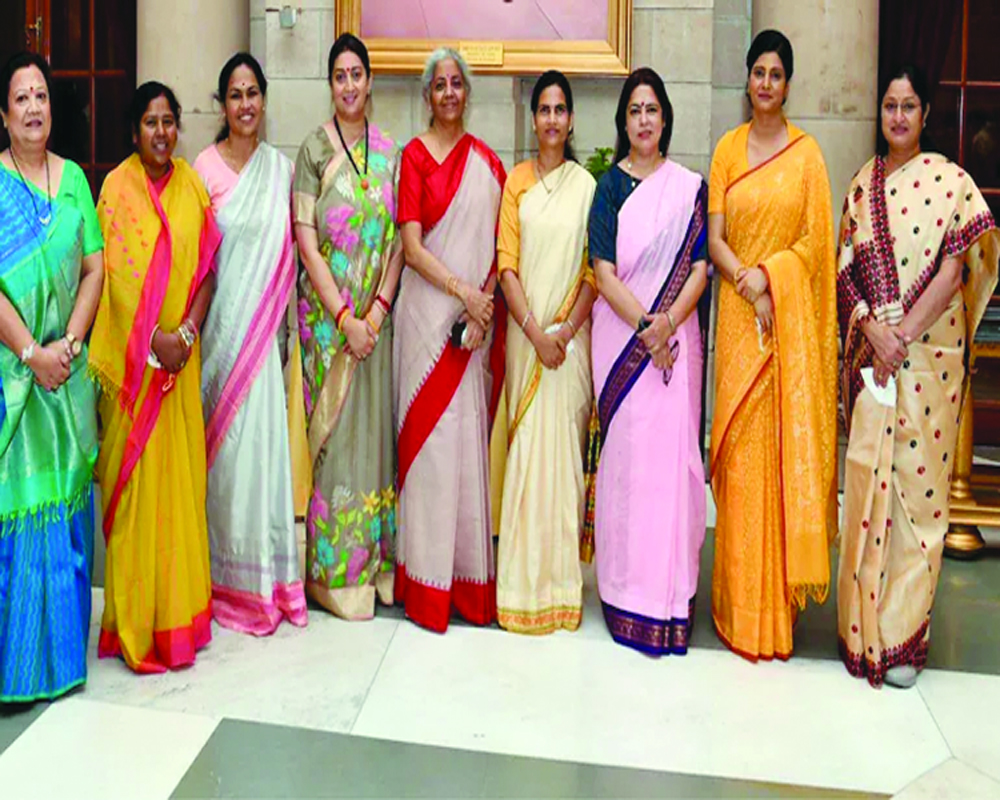There are reasons for renewed hope for women’s quota in Parliament, an issue pending since 1996
Not many in the media picked up an interesting situation that developed during Zero Hour in the Lok Sabha on Thursday. Out of the blue, Speaker Om Birla specifically asked the women members to raise their issues. He would allow as many or all of them to speak. The DMK’s Kanimozhi took the lead, questioning the delay in the women’s reservation Bill becoming a law. The Speaker agreed that it was a serious issue. Several women MPs addressed the House on matters of their concern. The Speaker never explained the rationale for his sudden decision to encourage the women members to speak, but the incident reminds us of a bitter reality that vexes Indian Parliament since 1996: The inability of the constitutional body to institutionalise a quota for women in the Lower House. Interestingly, only a few days earlier, Law Minister Kiren Rijiju said in a written response in the Lok Sabha that the Government was toying with the idea of consulting political parties to build a consensus on bringing the women’s Bill before Parliament. Should the two incidents raise hopes of women after 25 years of continuous disappointment? It was in 1996 that Parliament had its first brush with the Bill, brought by the Deve Gowda Government, to reserve one-third of the seats in the Lok Sabha and State Assemblies. The Rajya Sabha passed it in 2010, but the Lok Sabha never did. The regional parties and critics within the BJP and Congress stalled its passage for various reasons that women’s rights groups attribute, among others, to the clout of patriarchy.
At the extreme right is the patriarchal argument that bringing more women into politics might destroy the age-old concept of the ideal family that revolves around women whose main job is to rear children and take care of the house. A patronising argument is that women entering Parliament with the help of a quota would not be perceived to be competing on merit. A third argument defending patriarchy is that the principle of seat rotation in the women’s reservation Bill would not incentivise men to work for their constituencies because they may not be around for re-election the next time. On the other hand, women have not justified being satisfied with only a 33 per cent reservation when they are breaking glass ceilings even without quotas and on merit in all spheres. Why settle for a third when the constitutional amendments in 1993 to increase women’s participation in decision-making at the panchayat level provided a 50 per cent reservation? Yes, the patriarchy opposed the amendments at that time, saying they would only promote proxy politics, that is elected women being rubber stamps of their husbands. True, but in all these years, we have seen women’s awareness and their representation in the local bodies only grow in the rural areas. It is for women, not the will of patriarchy, to decide how they will break the country’s biggest glass ceiling: Parliament.


























